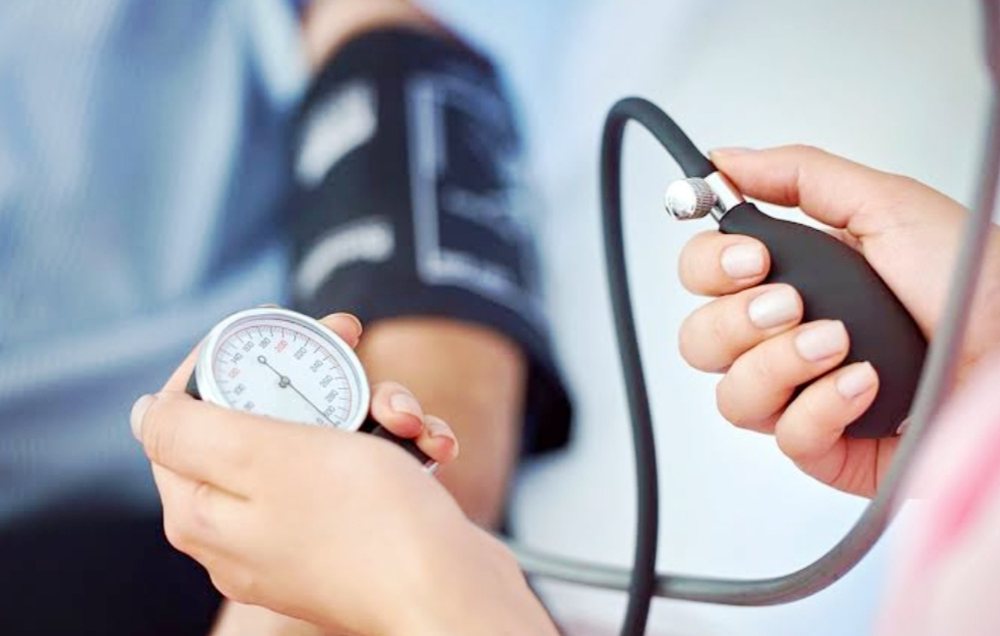
Circulatory diseases, and especially hypertension, have affected the Albanian population in a worrying way, according to the recently published WHO global report.
Data shows that around 47% of Albanians aged 30–79 suffer from high blood pressure, a figure much higher than the global average of 34%.
Of the over 797,000 people affected, only 49% are diagnosed, 38% receive treatment, and only 11% keep the condition under control. This ranks Albania among the countries with the lowest control rate in the region, far below the global target of 50%.
Historical trends show a continued increase in diagnosed cases, but the gap between patients being treated and those managing them remains large.
In 2022, cardiovascular diseases accounted for nearly half of all deaths in the country, while 59 cases per 100,000 inhabitants were directly related to high blood pressure.
Although our country has a national strategy for blood pressure-related and cardiovascular diseases, practical implementation remains weak.
According to the WHO, the main risk factor for hypertension is high salt intake. Albanians consume an average of 13 grams per day, according to data for adults over 25 years old. This level is more than double the WHO recommendation (5 grams per day). The excess is directly linked to increased blood pressure and is one of the main reasons why this disease is so prevalent in the country.
Albania has conducted national studies on salt use, but it still lacks a complete clinical data system that helps track patients and measure outcomes for those who reduce their salt intake.
The WHO notes that, to reduce the burden of hypertension, the country needs to strengthen primary care, expand awareness campaigns, and improve access to effective treatment.
Albania is facing a health alarm with 47% of the adult population suffering from hypertension, when it is known that it is one of the main risk factors for heart disease and stroke, which constitute the leading cause of mortality in the country.
In addition to salt consumption, about 26% of adults over 15 years of age in Albania are active smokers. This level is high compared to many other European countries. Smoking not only increases the risk of hypertension, but also multiplies its impact, accelerating cardiovascular damage and increasing the chance of heart attack and stroke.
Alcohol consumption and physical inactivity are also risk factors. About 24% of adults over 18 years old are reported to be physically inactive. Lack of movement is linked to weight gain, obesity and poor metabolism, factors that lead to increased blood pressure./ Monitor






















